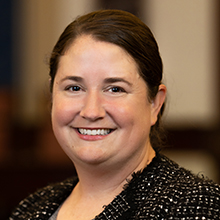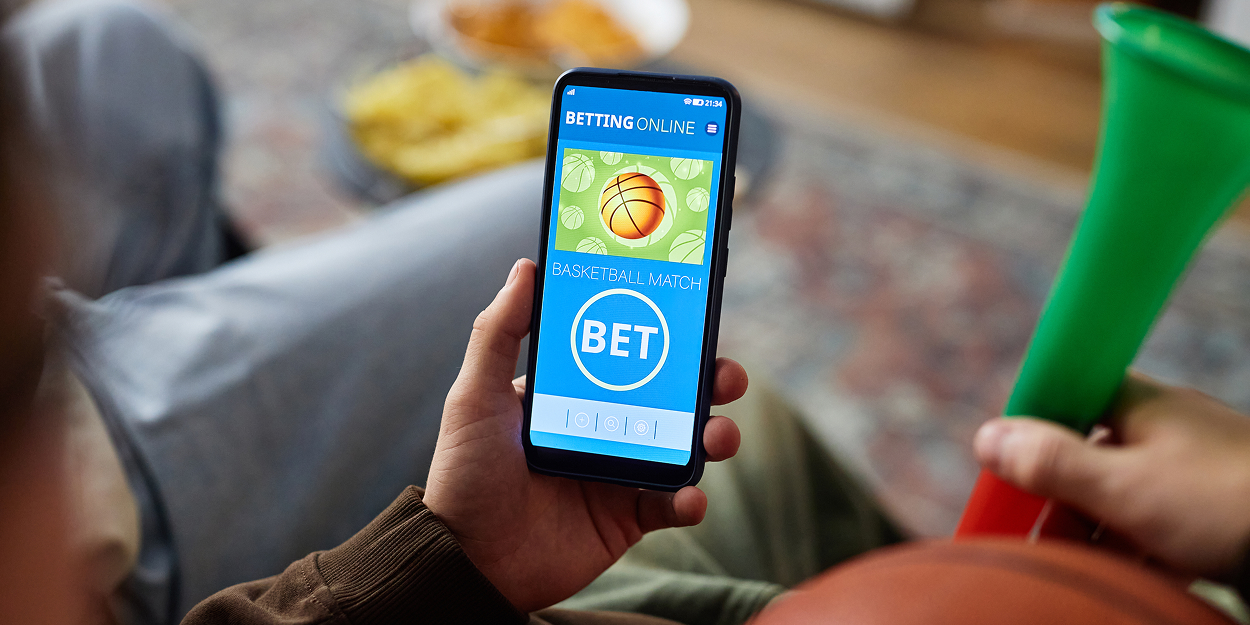Hollywood Has the Power to Help Transform Suicide Prevention

Every week, millions of people encounter mental health and suicide not in a doctor’s office or public health campaign, but on their screens. What they see there can either reinforce stigma or open new doors to hope.
For Hollywood, this is an extraordinary opportunity to harness storytelling’s unique power to inspire help-seeking, model healing, and spark widescale narrative change, all while creating content that resonates deeply with audiences.
When storytellers choose to portray suicide with authenticity and care, they create pathways to survival. While 12.8 million adults seriously considered suicide in 2023, the overwhelming majority did not die by suicide. Stories of resilience are found within that space where people are holding on, finding reasons to live, and drawing strength. And research shows that viewers both appreciate and benefit when storytellers make the choice to tell stories of resilience.
In fact, a 2024 national survey found that 90 percent of Americans believe the entertainment industry should support mental health and suicide prevention. And a study by the USC Norman Lear Center found that audience members who watched nuanced mental health storylines walked away with greater understanding, less stigma toward receiving treatment, and more willingness to seek help. Viewers who experienced parasocial interaction—feelings of friendship—with characters were more likely to take actions such as starting a conversation, seeking care, or recommending support to a friend.
The ripple effects can be immediate and profound. For a viewer, what might seem like a brief message about a crisis line in a closing credit can be a bridge back to connection and to hope—two key protective factors in suicide prevention.
A storyline that includes breaking silence, coping, treatment, and survival is not less dramatic. It is more authentic and represents the experiences many face day-to-day. By showing these moments on screen, characters gain depth, audiences see themselves, and stories resonate longer. And when paired with resources and messages of hope, these portrayals do more than reflect reality. They inspire healing, connect people to support, and contribute to saving lives.
This recognition of the need for safe, evidence-based storytelling led to the founding of the Mental Health Storytelling Initiative (MHSI) in 2021. Today, MHSI is an independent coalition of over 70 entertainment and mental health partners. Together, these partners are working to amplify groundbreaking collaborations between storytellers and mental health experts and help these collaborations become the industry standard.
MHSI provides creators, producers, and marketers with practical guidance to depict mental health and suicide authentically, while supporting talent and crew. The result is a growing movement embedding relatable mental health storylines and tangible resources into the shows and movies people watch every day.
This work is urgently needed, as suicide remains among the leading causes of death in the United States. To address this, we need a public health approach that combines access to care, crisis response (including the 988 Suicide & Crisis Lifeline), and widespread change. That last piece cannot happen without the arts, our streaming platforms, and our production houses.
By harnessing the power of entertainment, we can normalize help-seeking, checking in on those around us, and showing up for those who are grieving in the same way we show up when someone loses a loved one to cancer. Entertainment reaches people in profound ways with characters who depict the everyday experience of mental health and suicide that people everywhere connect with.
Hollywood can make choices that ensure people see survival as part of their story. Each decision to portray recovery, show connection, and include a resource can promote hope and save lives.
Together, we can remind viewers that while pain is real, help is available to all of us in dark hours and recovery is fully possible for all of us.
If you or someone you know is in crisis or needs support, call or text 988, or visit 988lifeline.org.
Colleen Carr, MPH is the Director of the National Action Alliance for Suicide Prevention at EDC.
Ashley N. Kolaya, MPA is the Executive Director of the Mental Health Storytelling Initiative.








